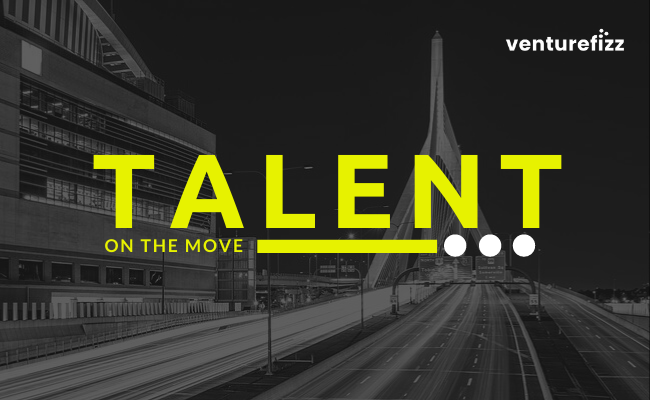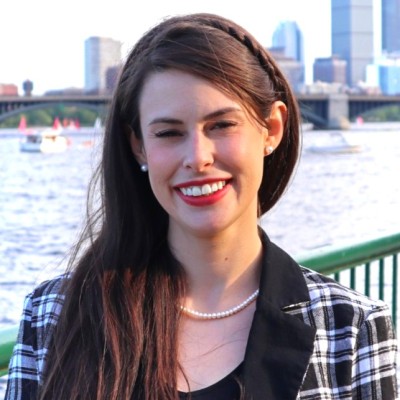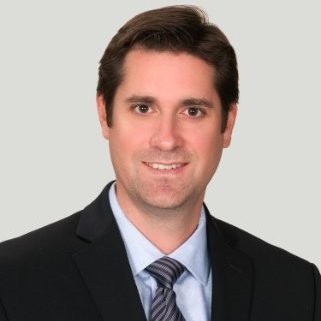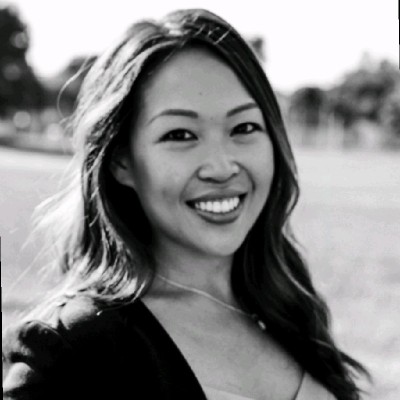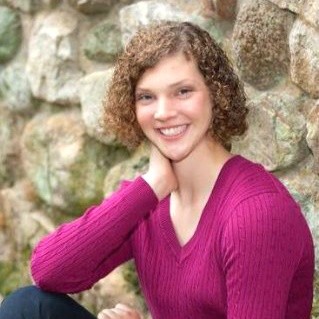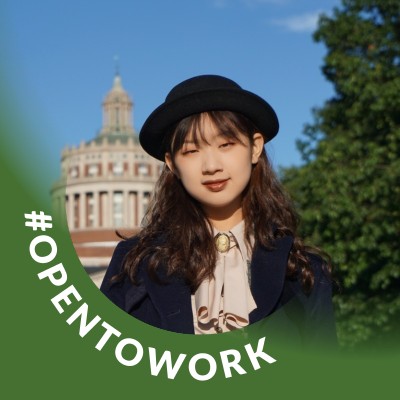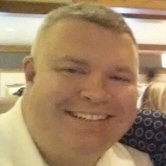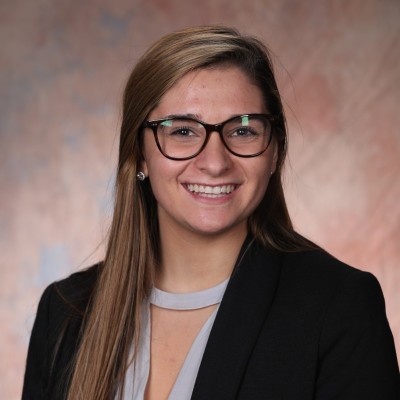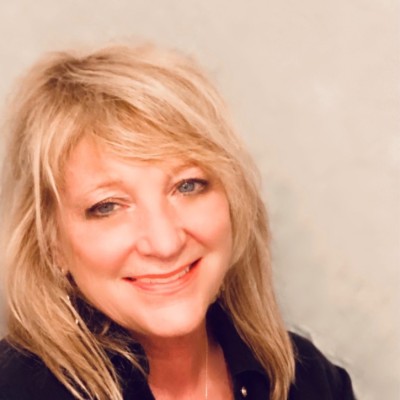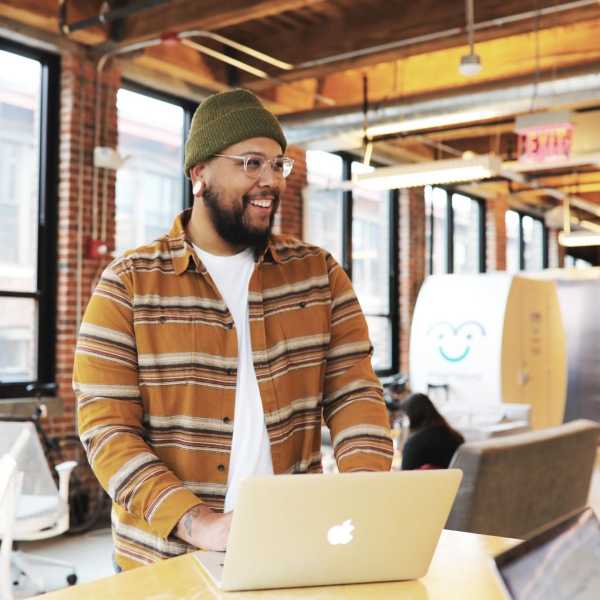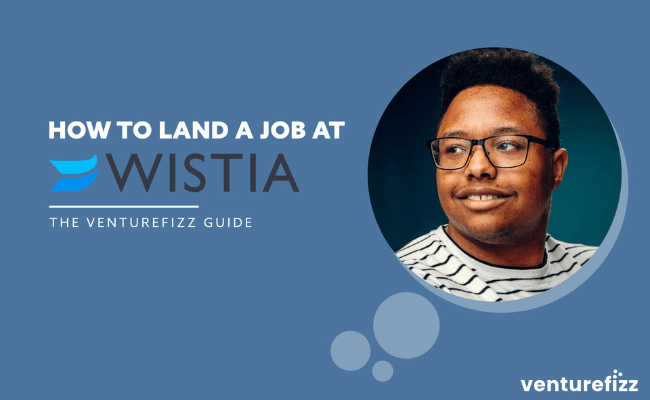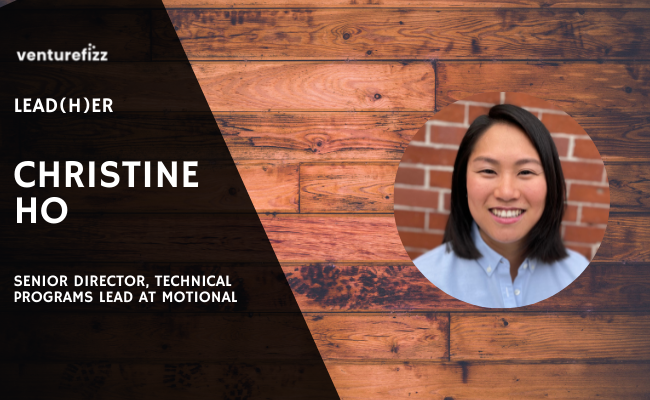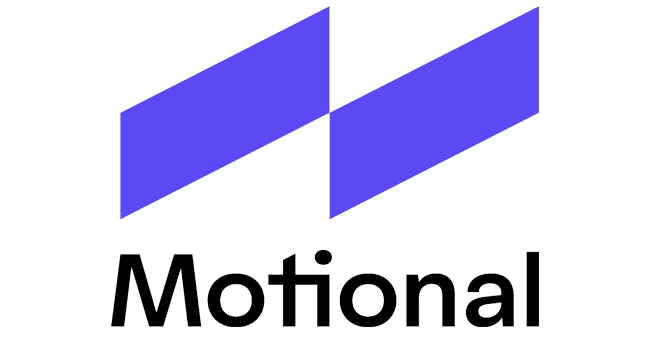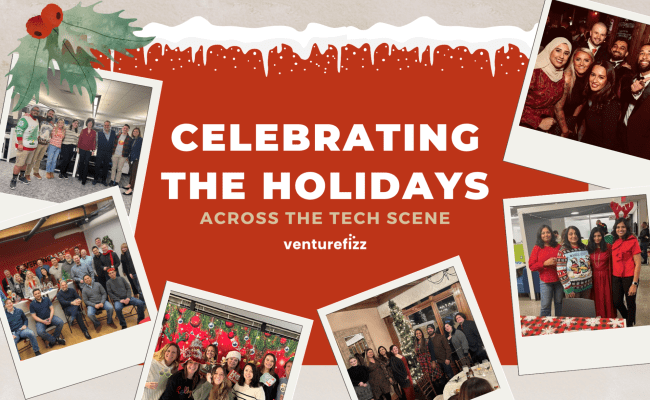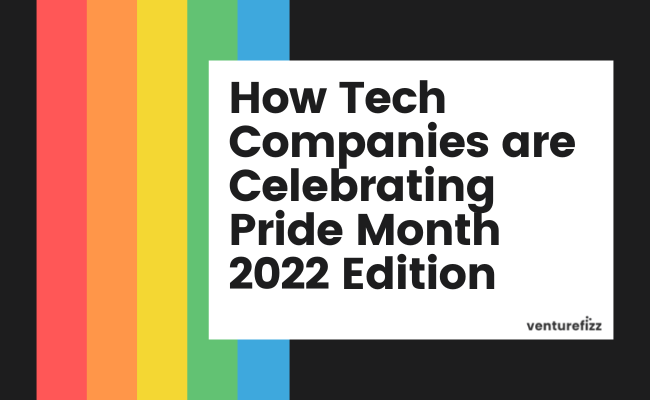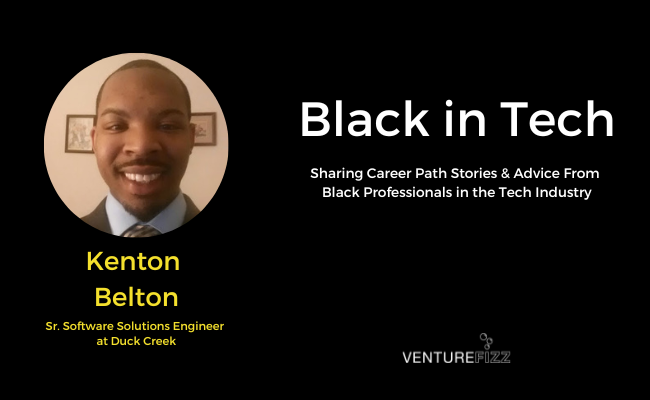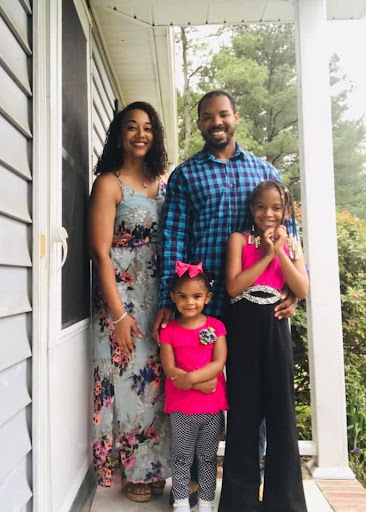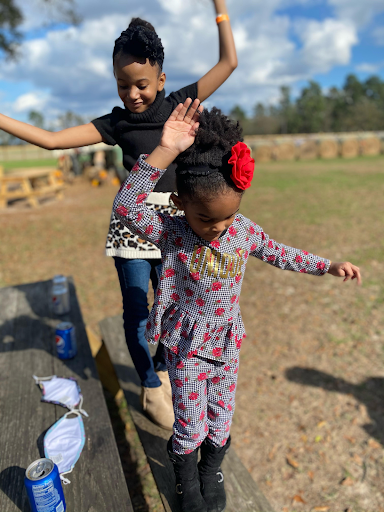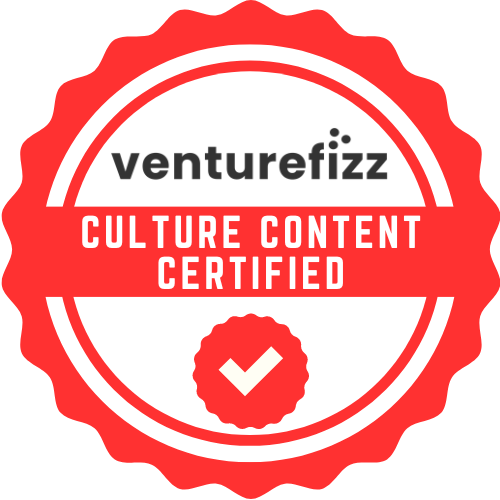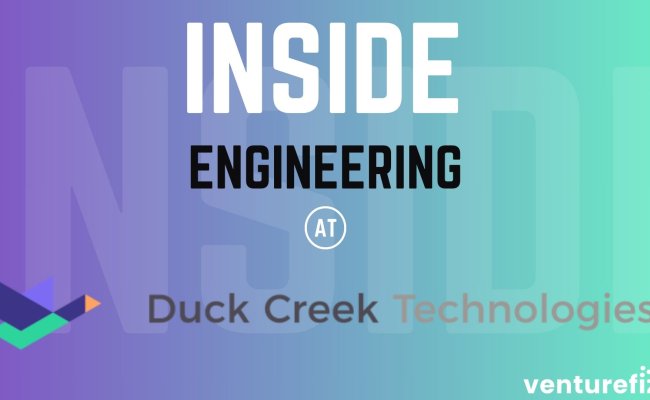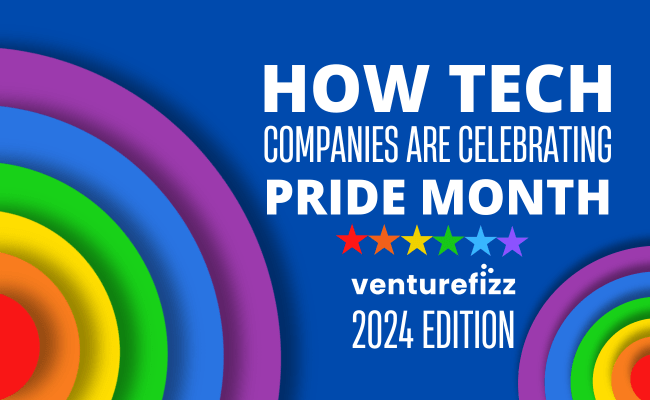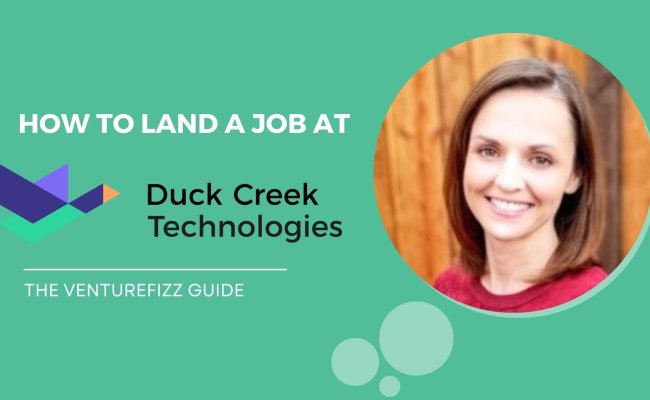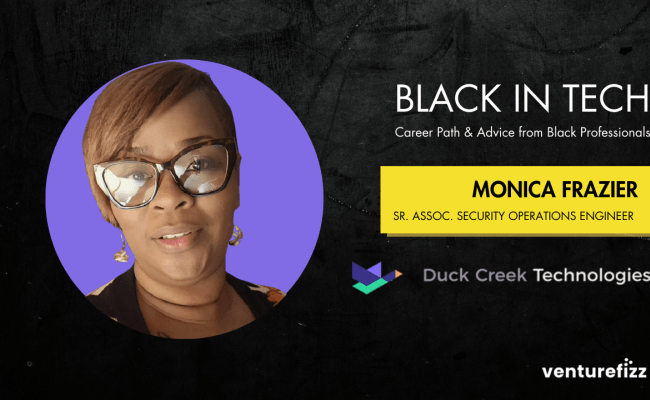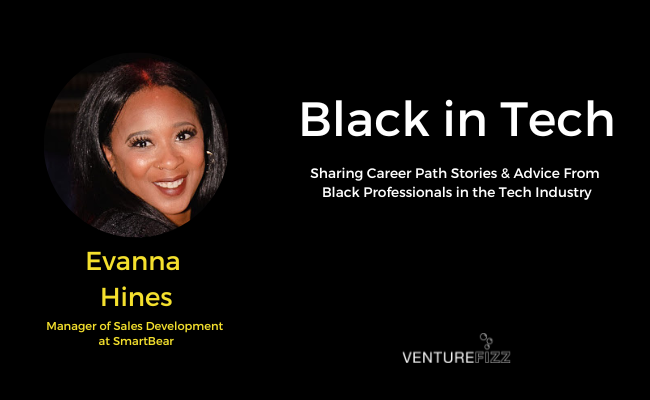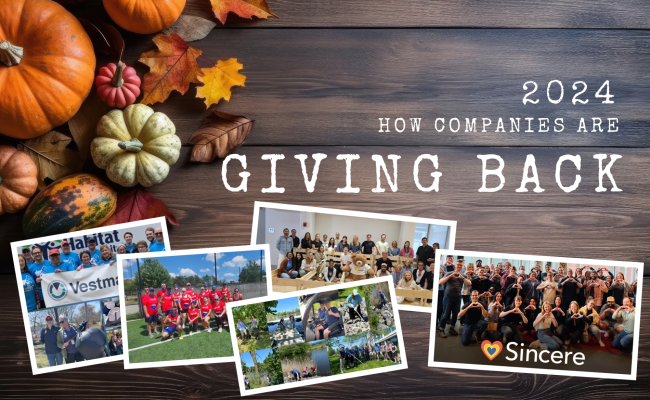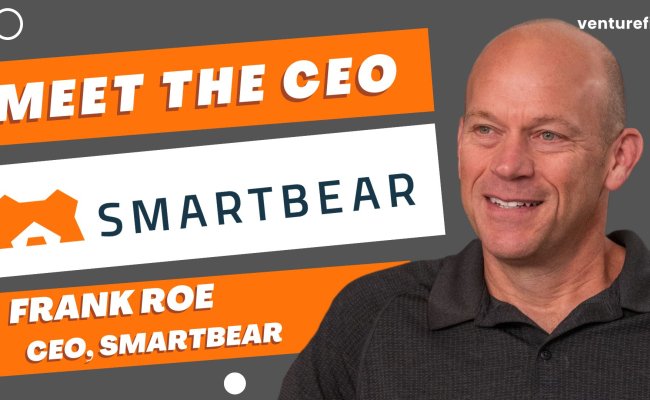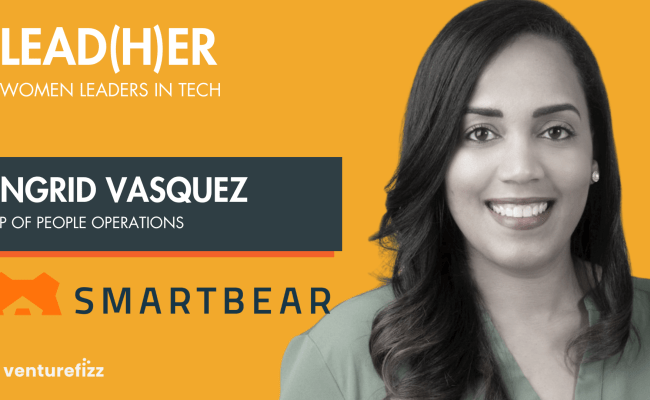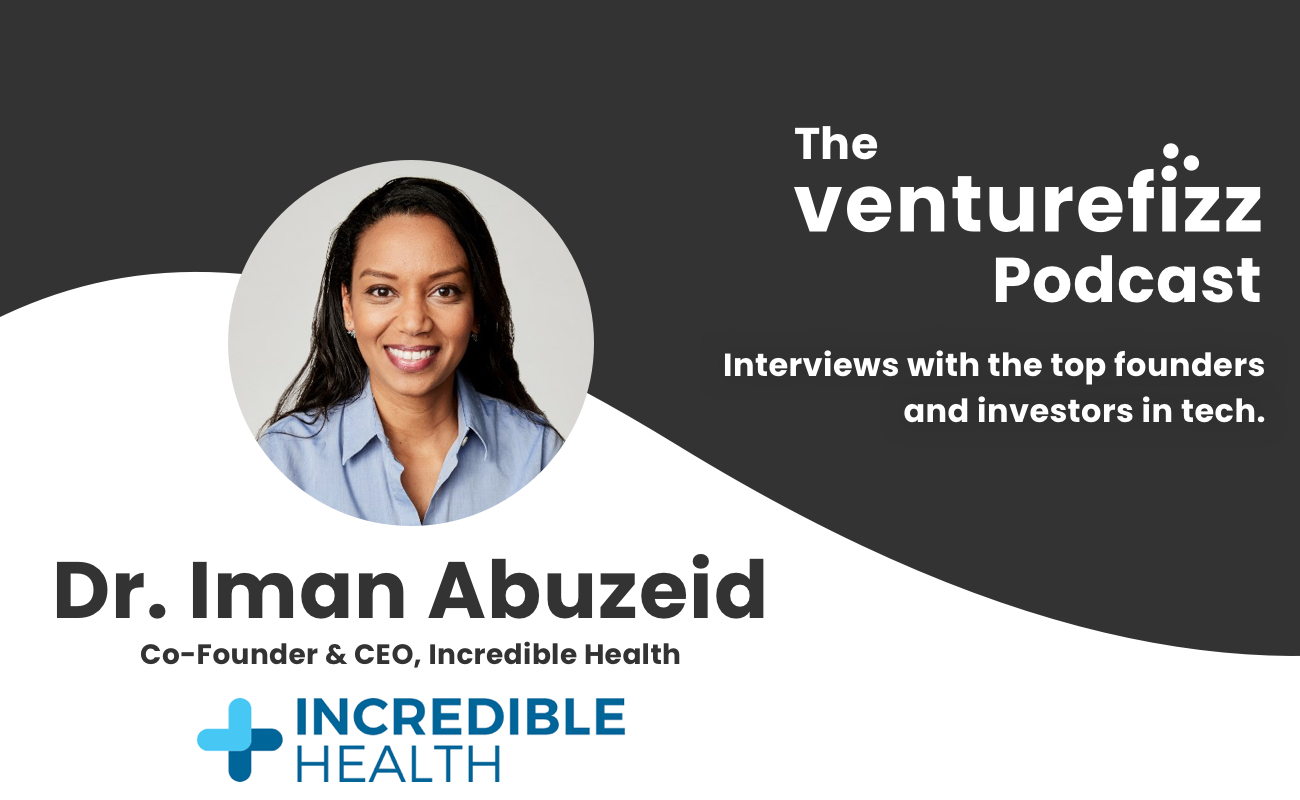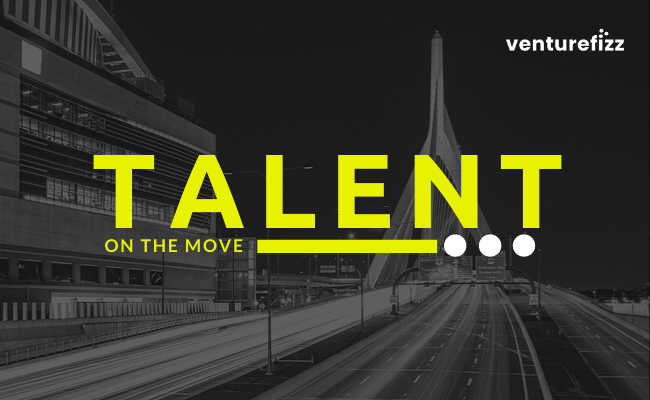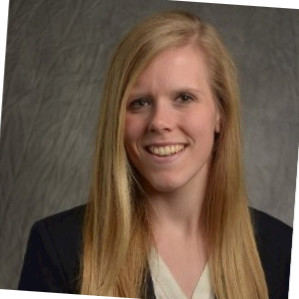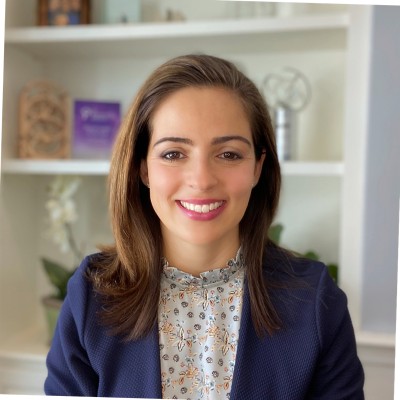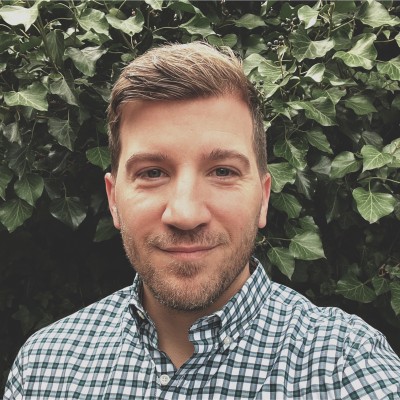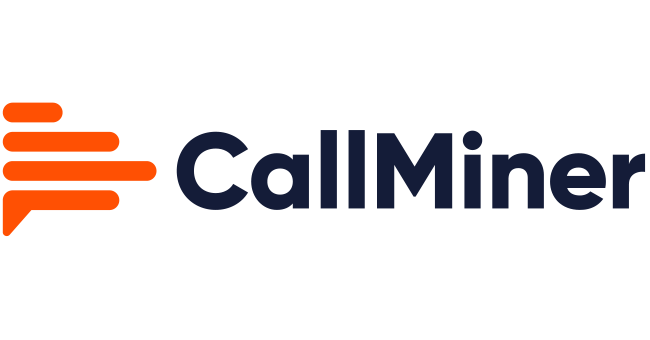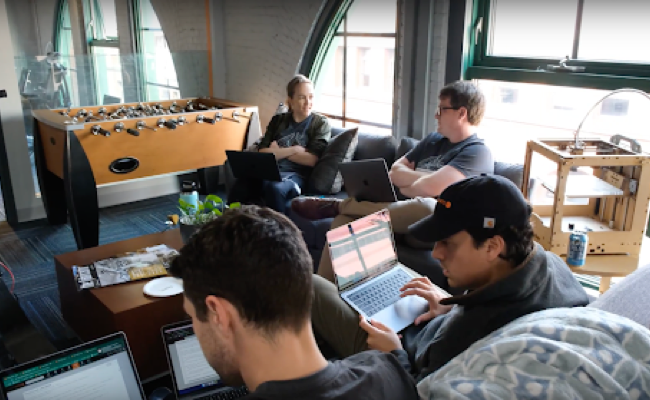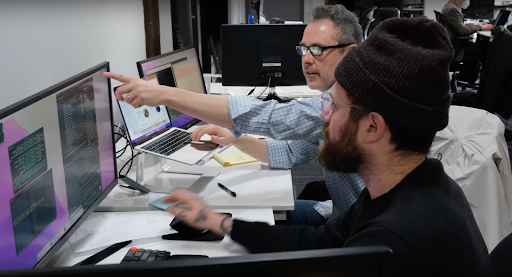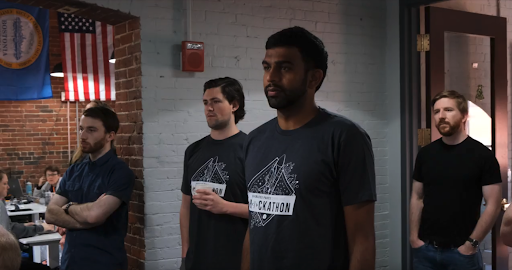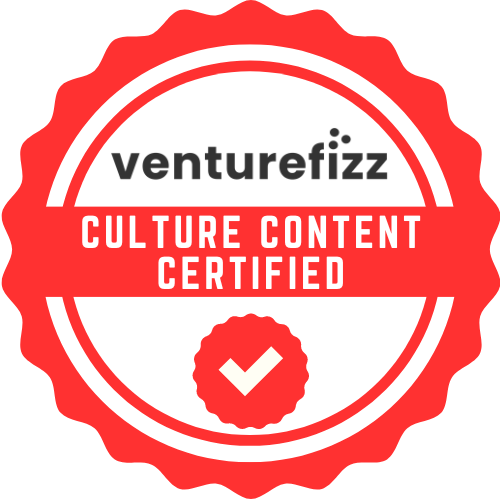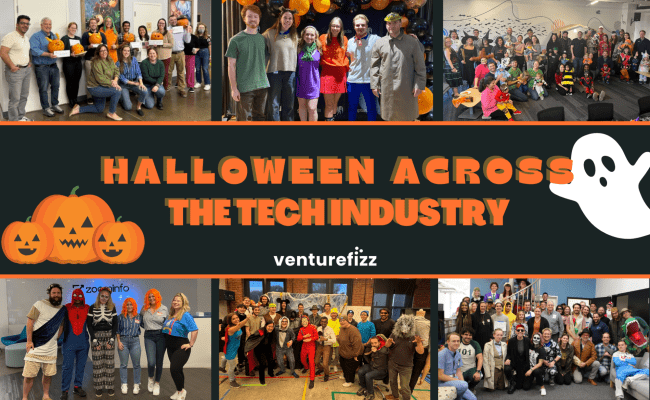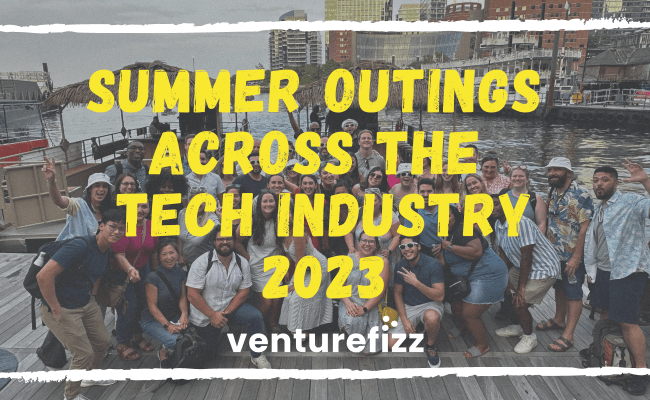Our Black in Tech series features the career path & advice from Black professionals in the tech industry. In this Q&A, Evanna Hines, Manager of Sales Development at SmartBear shares her story.
Where did you grow up and what were you like as a child? What did your parents do for work?
I was born in Boston. My parents moved our family to New York when I was six or seven, then we moved to Chicago when I was about 10. We moved back to Boston when I was a senior in high school, and I’ve been here ever since. Both my parents are from Boston. My mom was originally from Jamaica, but came here when she was 14 years old. My parents met almost immediately when they started high school and have been together ever since.
When I was a kid, my mom worked at Beth Israel Hospital, and her co-workers would call me “the greeting committee.” I was always hugging strangers and saying hi to everyone. I had an elementary school teacher who called me “chatterbox.” I’ve always enjoyed talking with people. I never liked being front and center. Having close relationships with people – whether friends or teachers is important to me. My dad would often say that I was looking for a friend to confide in, to talk with, and that hasn’t changed.
My dad is a pastor, hence the moving around. He went to seminary school in Boston for his undergraduate degree and received his master's degree from a seminary school in New York. His first church assignment was in Chicago. He’s been a minister for many years at the first church we attended in Boston when I was young. My mom has been a financial analyst for most of my life. She's now a director of IT for the Massachusetts Department of Energy Resources.
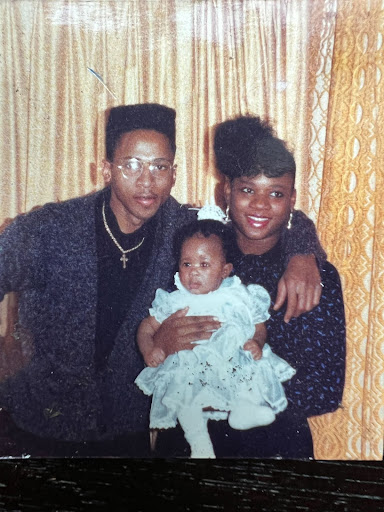
Where did you go to college? What did you study and what did you do after graduating?
I went to Emmanuel College near Fenway, where my mom went to school as well. I studied sociology. I first majored in biology, but honestly I couldn't pass chemistry to save my life. I ended up taking a class focused on social media, though that wasn't really something you could formally focus on back then. So, I designed my own social media courses that they approved, and I got a degree in sociology. I did an internship at a marketing firm in Cambridge.
I’ve had a series of occupations leading up to this point in my career now. After graduating, I became a preschool teacher for a while. After teaching, I worked an overnight shift at a group home for girls. Staying up at night, I would bake cookies. My grandmother was a baker. I got really into baking for the girls, and they would wake up in the morning and be really excited to have cookies or pastries to take to school with them. I ended up going back to school for culinary arts at Johnson & Wales and worked for the famous American restaurateur, Ming Tsai.
What inspired you to get into the tech industry?
When the COVID lockdown hit, I was working as a regional catering manager for Au Bon Pain. With the collapse of the catering industry, Au Bon Pain was very honest with employees, paid us through the entire year, and told us we needed to find a job by the end of the year. So, my search was on. One of my closest mentors was working as a Diversity, Equity & Inclusion (DE&I) consultant for SmartBear. She spoke highly of the company and knew that I was looking to make a transition.
I took a job as a Sales Development Representative (SDR) at SmartBear. The biggest reason I accepted the job was because of the leadership team. In all my years of career development, the biggest factor to me is always leadership. People don't leave companies; they leave managers. So, it's always key to find someone you want to work for. I wanted to work for my manager at SmartBear.
What has your career path looked like in tech and the various positions you’ve held before joining Smartbear?
SmartBear is really my first job in tech, so it just proves that it’s never too late to jump into a new industry!
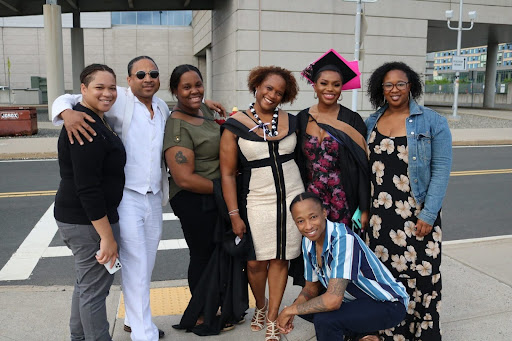
Can you share the high-level responsibilities of your current position as Manager of Sales Development at Smartbear?
For many people on the team, a Sales Development Representative (SDR) is their first job out of college. And because of this, career development is a priority and focus. Sales development is a portion, but a big part is helping them to transition into the corporate world, enabling them to understand how the day-to-day works, getting them acclimated with the tools we’re using, etc. Those soft skills are an important part of the development that we do to set employees up to flourish. We develop them for success, and then six months later, they're promoted and we are onboarding another group of people. It’s a great way to learn sales and the industry from the ground up and set yourself up for the future.
At SmartBear, you can build your career at every level; we are constantly promoting from within. I’m very much like a recruiter – interviewing, onboarding, and prepping employees to be successful in that next role. I do this over and over again, though it never gets boring because people are different, always bringing their own pizzazz and diverse experiences to the table. So, even though I'm doing much of the same thing day-to-day, it’s very different every single time.
What has attributed to your success thus far and what types of obstacles have you had to overcome along the way as a Black professional?
I think diligence is a big piece. I think a hustle and grind mentality plays a factor. Whatever job I'm in, I’m always looking ahead. When I was a Sales Development Rep, I wanted to be the best Account Executive. When I was an Account Executive, I wanted to be the best leader and manager that I could be. Now being in leadership as a Sales Development Manager, I want to lead others. I’ve never waited to get to the next step. Always being a step ahead has helped me.
Relationship building is also instrumental, not just with my manager, but building the right relationships with many people. I constantly work with mentors, and not just one or two. I have many mentors because you have to be able to get feedback to grow and develop. I can’t grow without getting feedback from others. It’s like the plant that needs water to grow. Otherwise, you’re looking in the mirror all the time, and we usually don’t see ourselves in the way others do.
I think transparency is important along with advocating for yourself and others like you. Fortunately, I haven't ever been afraid to speak up and advocate for others like me. In departments outside of sales, it’s usually more common to see women in leadership or with more diversity. Since I have joined SmartBear, we have worked for positive change in that area.
People usually can't see themselves in a role, unless there's already someone there that is similar to them. Having transparency and having those conversations with management are so important to bring in that diversity. As the oldest of three girls in my family, a part of me always wants to make a way for others. This wasn’t the first time I’ve had to advocate for myself. But, it wasn’t just me advocating. I’ve always had someone who believed in me along the way, someone who I could be honest with that was in leadership, who could help me make a path.
I think honesty is the part that hinders a lot of people because either the honesty comes off as anger or the honesty doesn't happen because you don't feel like you can have it. And sometimes those honest conversations need to happen in a not-so-safe place, because that safe place is just not available, and that’s difficult.
My youngest sister just graduated from Villanova with a degree in engineering, and she was one of two or three other black females in a class of hundreds of engineering students. The piece that's difficult is you have to imagine your future, whereas many other people can see it. Having that imagination and faith and belief that you can do it is a lot harder to muster up. I want her to see black women in leadership. I saw my mother in leadership before she was even in tech and I know that having that example has made me see that I could do it as well.
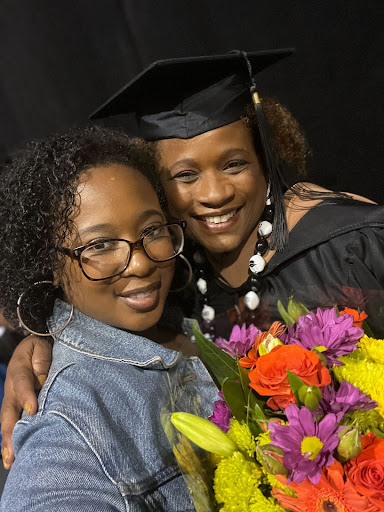
What types of programs and initiatives does Smartbear have that support diversity, equity, and inclusion?
It always starts from within the company with leadership. If you don't have leaders at the company who believe in the initiative, DE&I goes nowhere. It can't. In my time at SmartBear, I’ve seen the company and leadership commit to various programs to promote DE&I. For example, we’ve conducted a DEI needs assessment, created a Global Inclusion Council, and continue to partner with Bottom Line to help diversify our U.S. workforce, among other things.
I’ve shared feedback with management about diversifying the team, and we’ve taken action. Now, we're not looking for new people in the same pool because the same pool gives you the same people. We are using a recruiting company that works with a variety of people.
We believe our differences in experiences, viewpoints, and identities lead to better outcomes.
We also have people at SmartBear who say what they mean and mean what they say. It’s one thing for people to talk about wanting diversity, but are you willing to do the work to make it happen? We are continuously working on the inclusion piece because there is always more work to do.
Our SDR team is fantastic about being inclusive, though. When a bunch of people are going to lunch, we make sure everyone is invited so no one feels left out. That's something that culturally we do here. That’s what inclusion is. Inclusion is buried in the culture where it should be. It's not just one thing that you do. It's how everybody makes people feel. It’s easier and easier to be inclusive the more diversified you are because people are coming from different backgrounds.
Exclusion comes when everybody's the same, but when everybody is talking about different things with different viewpoints and are coming from different backgrounds, inclusion happens naturally. You have to be intentional about not being exclusive, and inclusion will come.
What advice would you give to other Black professionals who are interested in joining the tech industry?
Don't be afraid to speak up. Don't be afraid of being the first because you definitely won't be the last. People are afraid to be the first because all eyes are on you. You become the example if you fail. Don't be afraid to go after it. Just go for it. Know that the landscape of the tech industry is changing with time. Have patience. Just like anything else, change is inevitable. It will happen. It’s a matter of if you want to be a part of that change.
While general awareness of the problem of diversity in the tech industry is a step forward, to make a lasting change, real actions need to be taken. Do you have any ideas or suggestions on what companies or employees can do to step up and make a difference?
Exclusivity doesn’t necessarily happen because people don’t want a particular person around. We have to be more okay with people talking differently than we talk, with people looking differently than we do, especially when we're defining what a successful person looks like, what a professional person looks like.
Years ago, I worked as a business coach back when we didn’t use video cameras and I was coaching people over the phone. I was giving clients million dollar advice and really helping them. I remember when I did my first video calls with clients, and I had to prep them. I had to give them a heads up for our first video meeting, for when they saw me, that I have a big afro, I’m black, and I’m younger than most of their kids. They couldn’t believe this. I had to say that I’m the same person who you were taking advice from before and this doesn’t change my knowledge base or my intellect. Our biases stand in the way of a lot of change that needs to happen.
Intentional training around eliminating bias is very important, and not just in the workplace. It's something that people have to do in their free time as well. A company can only do so much. If you keep all your biases for the other 16 hours of your day, change won’t happen. If you want to eliminate your bias, make a new friend. If you feel like all men are a certain way, it's probably because you don't have many male friends to contradict your bias.
I intentionally don't dress overly professional. It can be quite intimidating to a new group of SDRs coming on board. New hires always ask, how should I dress? You're not going to get diversity if you force people into a box they don't belong in or they don't fit. You'll never see the best of that person. We need to become more okay with things not looking like what we want them to look like.
That's where your imagination comes into play. Can you imagine a company where everybody's got on sneakers or roller skates and they are still making a million dollars every day? It's possible. It's doable. We have to get to a place where we get out of our own heads about what things need to look like. That's the biggest piece of change we need to see.
For positive change, we have to have these conversations all day long. I’m constantly forced to think about this. I wake up thinking about this. My dad facilitates DE&I training for YW Boston, so we are always having these conversations in our household. I have an elevated passion to want to help black men as well because I know what my dad has been through with two master's degrees and a doctorate, and there have been times where I've made more money. That doesn't make any sense.
There are many companies that are not part of the conversation, so I’m happy to be a part of positive change. Change is inevitable. How are you going to be a part of it?












